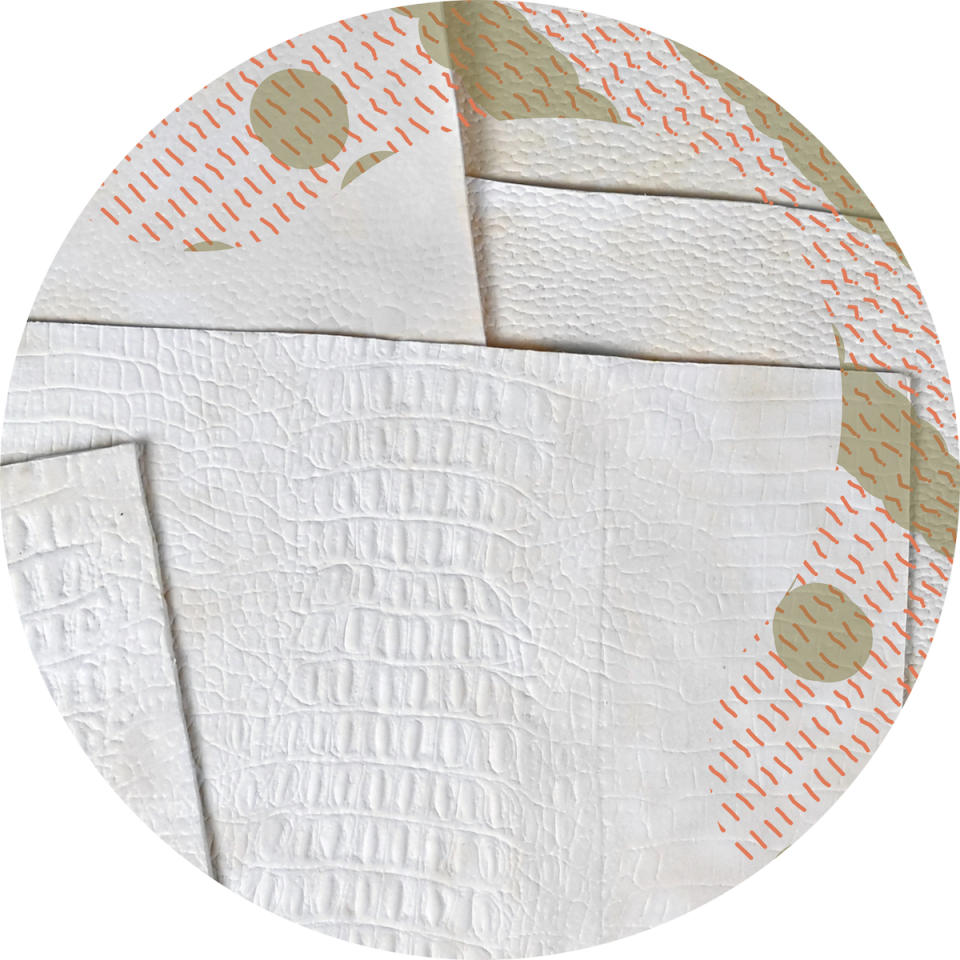Mycelium Maker Ecovative Raises $30M Series E

Ecovative’s last round of funding was used to construct the world’s largest mycelium farm. Its latest funding will get products grown from that mycelium farm into consumers’ hands.
The mycelium technology company announced the initial closing of a Series E round of over $30 million. It said it will reinvest $15 million into its MyForager Foods subsidiary, founded in 2020, with the rest going toward scaling Ecovative’s Forager business offering sustainable textile and foam products. Viking Global Investors led the round, which included Standard Investments, FootPrint Coalition Ventures and AiiM Partners, bringing Ecovative’s total raise to $120 million.
More from Sourcing Journal
“It’s amazing what mushrooms can do. Ecovative has shown mycelium’s potential across industries, demonstrated product-market fits that are already addressing the needs of the Earth,” Jon Schulhof, managing partner at Footprint Coalition Ventures, said. “And this is just the beginning, with huge addressable markets and the potential to make real, lasting change for circular manufacturing.”
Mycelium technology has gained popularity in the textile world in the past decade, with dozens of companies from Bolt Threads and MycoWorks to Von Holzhausen spawning mycelium-based creations as an alternative to animal leather, adopted by the likes of Stella McCarney, Hermès and Ganni. According to Grand View Research, the non-animal leather market is expected to approach $67 billion by 2030. Ecovative said it’s working toward meeting market demand while focusing on commercial and environmental applications using biology to produce high-performing, planet-friendly outputs—including textiles, packaging and food.
“We’re proud of our team, and the immense progress they have made in a short time, rising to the occasion to bring mycelium technology to scale,” Eben Bayer, co-founder and CEO of Ecovative, said. “Our goal is to hack capitalism to support spaceship Earth: building factories that produce clean air, clean water and healthy soil while growing delightful materials that meet everyday needs and produce extraordinary profits.”

Ecovative alleges that Bayer and his co-founder Gavin McIntyre created the first mycelium materials 16 years ago when they were students before going on to found Ecovative as the first company to introduce mycelium materials as a commercial category. Over the past year, the Green Island, N.Y.-based company has made moves toward bringing mycelium products to market—something the biomaterials crowd has long struggled with, mycelium no exception. Ecovative has entered into product development agreements with over 15 global brands for fashion and footwear, including Ecco Leather and Pangaia, though many are under NDA agreements. It said the new funding should help it have products such as handbags and shoes commercially available by mid-2024.
In March 2021, Ecovative received $60 million in Series D funding from investors, including Viking Global Investors, with support from AiiM Partners, Senator Investment Group, Trousdale Ventures and other undisclosed backers. While that round of funding was used to construct the world’s largest mycelium farm (capable of growing 3 million pounds of mycelium on one acre of land thanks to the company’s AirMycelium technology), this latest round is focused on funding the manufacturing and distribution of its Forager Foams and Hides for use in finished consumer goods like handbags, apparel and footwear.
“The innovative products of Ecovative are addressing environmental sustainability goals via a business approach in the food and materials industry,” Feike Sijbesma, former CEO of science-based company DSM, said. “It is an exciting business.”

